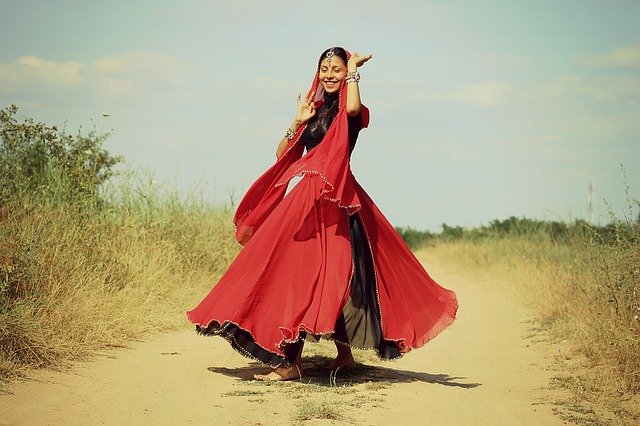Everyone has his or her own idea of entertainment. Some consider going to clubs with friends a pleasure. Others may want to immerse themselves in their favorite activities, such as various creative endeavors. For others, running a marathon might be something they look forward to. Everyone has his or her own way of thinking. What is certain is that we need enjoyment in order to live. [A life filled with duty and responsibility.

Tracing back through history, we find evidence that since prehistoric times, humans have loved to entertain and have never hesitated to take the time to invent something to entertain themselves, even though they had to earn a living and have jobs to exist. … It began with cave murals and continued with the invention of games. After all, the history of parlor games is as old as human civilization itself.
Social events
Of course, we often associate fun with social events. Balls, dance nights, or, for the young, discos. Dancing has been with man since the beginning of civilization. [In the past, dance was primarily ritualistic and religious, and it still is among primitive peoples. At the same time, however, there were also martial dances, especially in ancient Sparta.

Certainly dancing was not exclusive to the halls of knights in castles and palaces.
Dance also appears frequently in the visual arts. Dance motifs can be found in old prints, drawings, and paintings.
What was dance called in antiquity? In ancient Sparta, martial dances were mainly called Gymnopaideia, Puric, and Embathelion. In ancient Athens, dances in praise of the gods Apollo and Dionysos were performed and were called hyporkema, tyrbasis, etc. These dances made extensive use of pantomime.
In the Middle Ages, one encounters very morbid dances called death dances. During an epidemic of the plague, some people believed that dancing could prevent the plague.
Traditional medieval dances were called Estampia and Carola. Of course, other dances existed in the castle and other dances existed in the bailey. Folk dances always differed from those of the nobility.
